Les origines de l'homme
- 270pages
- 10 heures de lecture
Richard Leakey, paléoanthropologue et conservateur, se plonge dans l'étude de l'évolution humaine. Son travail révèle des moments cruciaux de nos origines, soulignant le besoin urgent de protéger le monde naturel qui offre ces aperçus. Il explore comment nous nous comprenons à travers notre passé et comment ce passé façonne notre avenir.

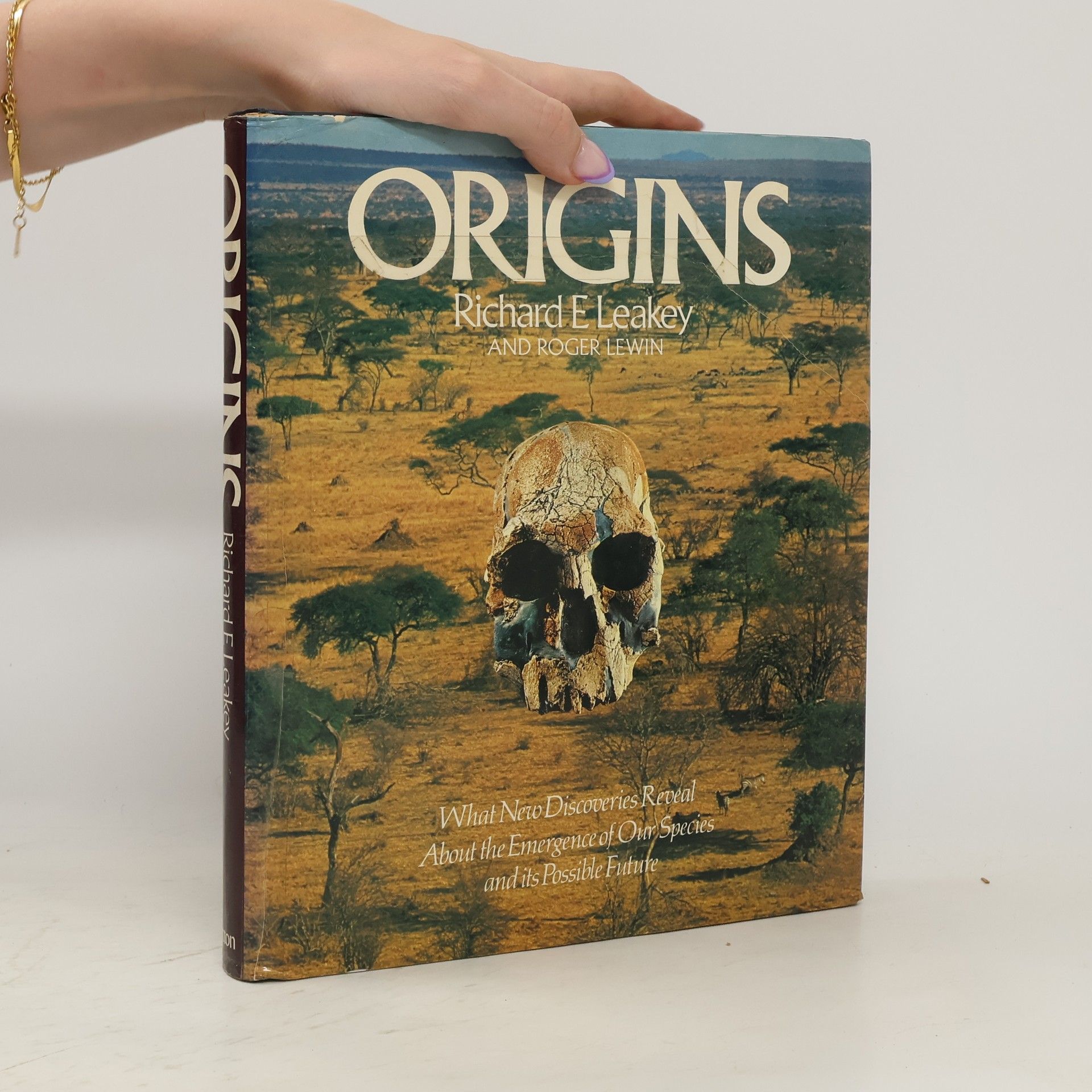
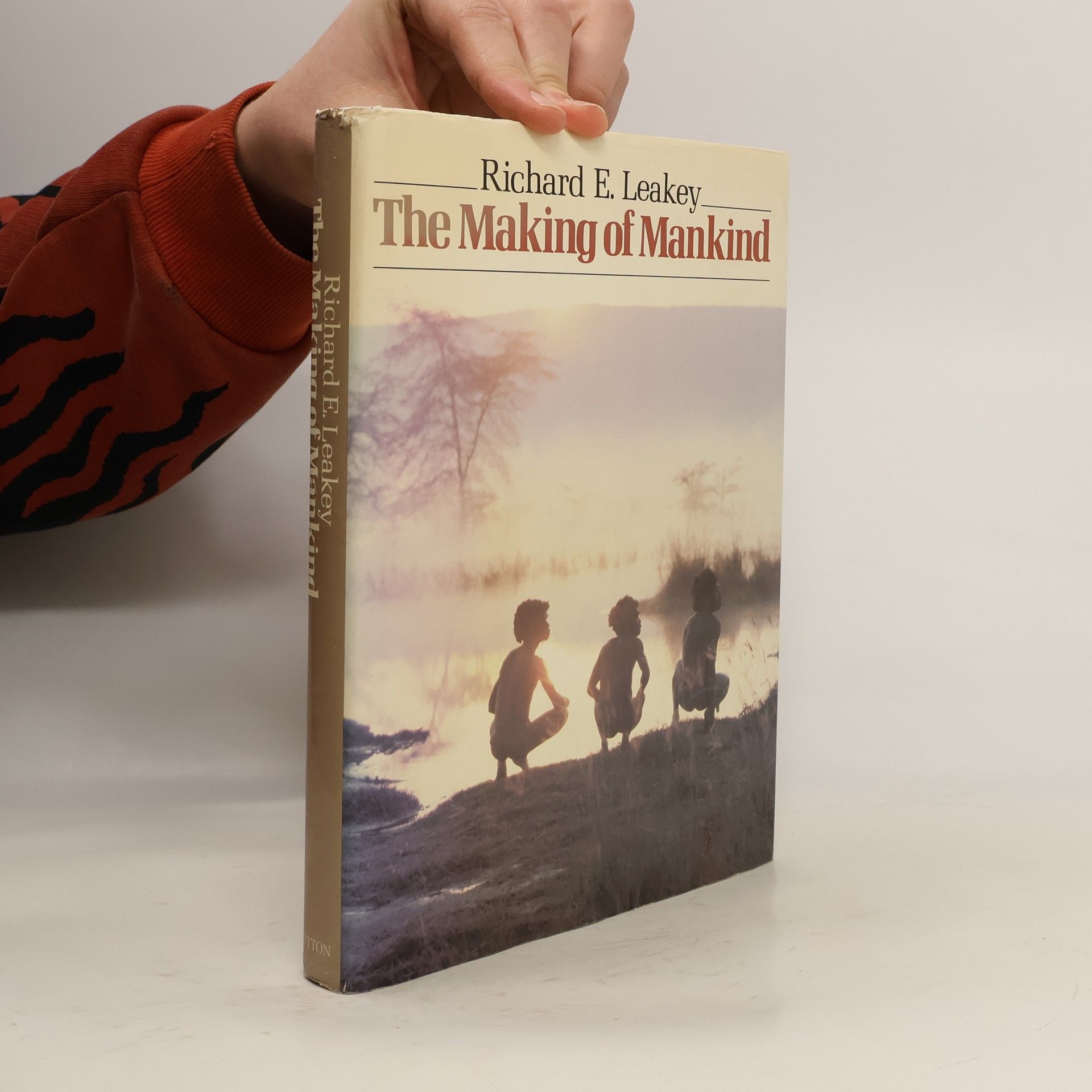
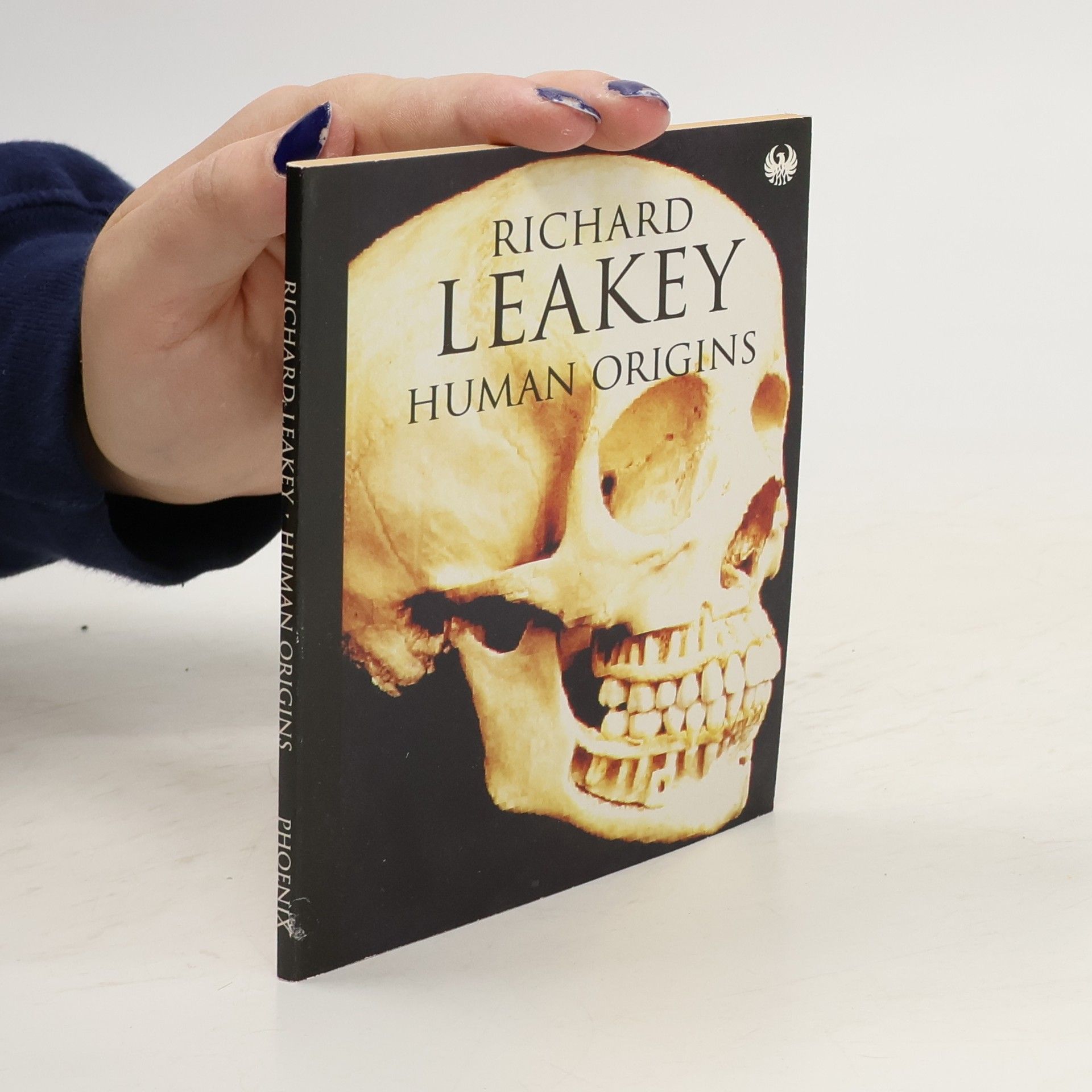
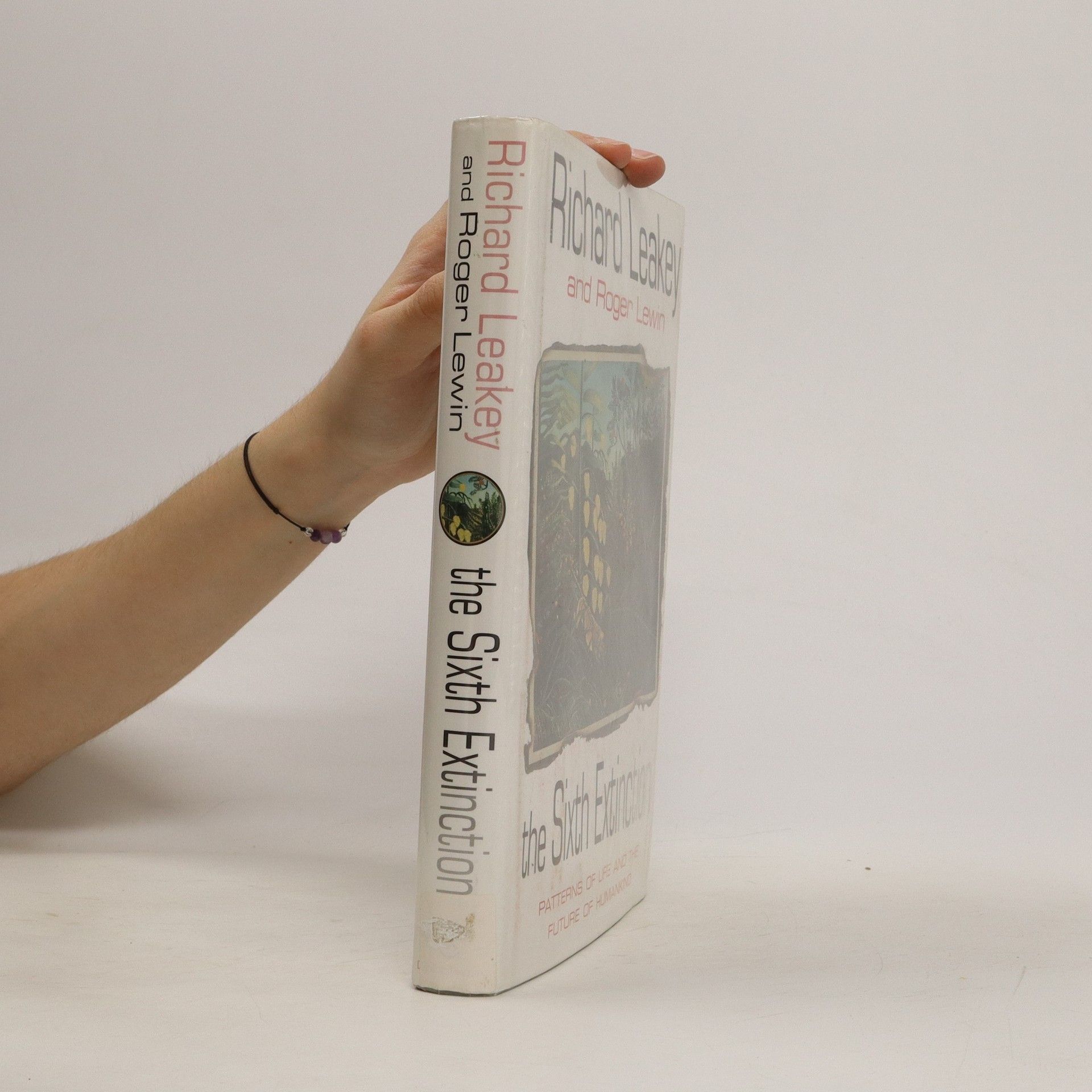
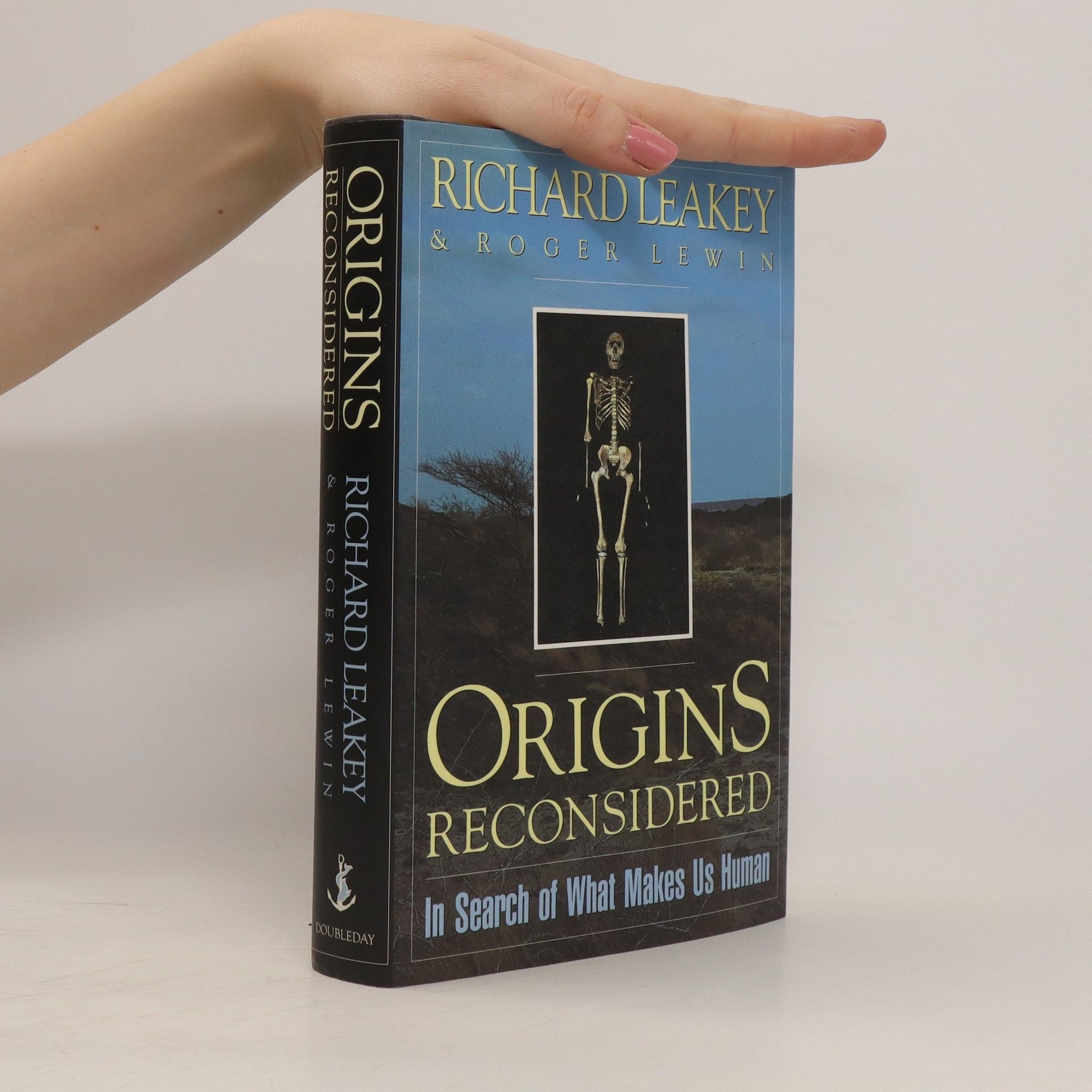
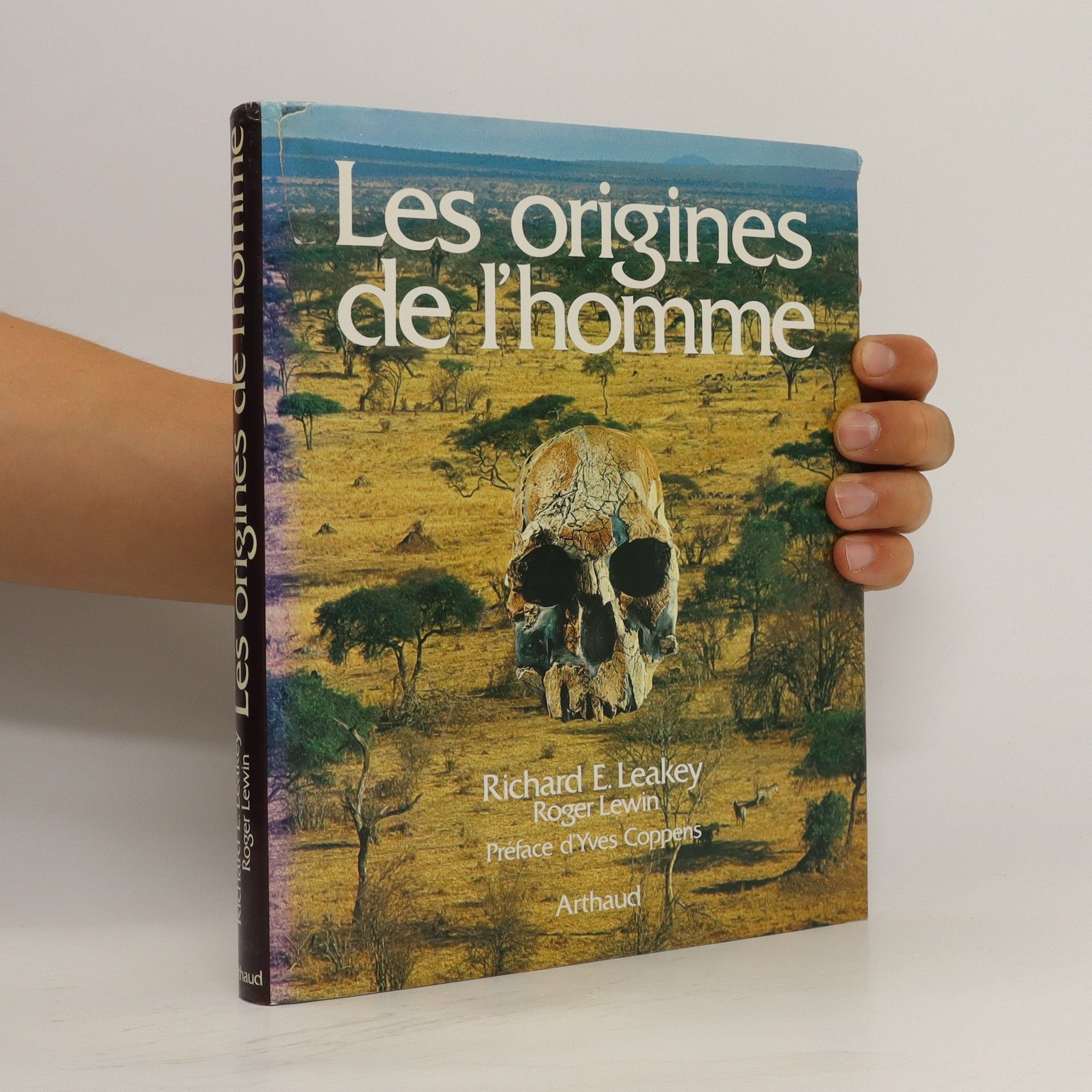
In this insightful exploration, Richard Leakey, a leading figure in paleoanthropology, takes readers on a thought-provoking journey through human history. He begins with his groundbreaking discoveries at Lake Turkana, including the remarkable find of a 1.5-million-year-old boy's skull and the nearly complete skeleton known as "Turkana Boy," which stands as a pivotal moment in the field. While this discovery captivated the scientific community and the public, Leakey's focus shifted to deeper questions about our humanity. He challenges the conventional inquiry of "How did we physically evolve?" and instead asks, "How did we become human?" This introspection reveals a gap in our understanding, emphasizing that our ancestors evolved from simple scavengers to complex beings capable of making tools, communicating, and creating culture. Leakey revisits his earlier work, particularly his 1977 book, to reassess his beliefs about what defines us. He acknowledges that such reflections are often left to philosophers, yet he remains committed to the idea that "The past is the key to our future." By weaving together insights from philosophy, anthropology, molecular biology, and linguistics, he investigates not just our anatomical evolution, but also the development of consciousness, creativity, and culture that truly characterize humanity.
There have been five great extinctions in the long history of life on earth, the most recent 65 million years ago, when all dinosaur species perished in an astonishingly brief period of time. Each of these great extinctions was unimaginably catastrophic - at least 65 percent of all species living vanished in a geological instant; in the Permian extinction, nearly 95 percent of all species were obliterated. The agency for these extinctions, the why, is hotly debated - sudden climate change, asteroids, evolutionary inadequacy - but the patterns are remarkably consistent. Now, as Leakey and Lewin show with inarguable logic based on irrefutable scientific evidence, the sixth great extinction is underway. And this time the cause is beyond dispute: By the lowest estimate, thirty thousand species are wiped out by human agency every year - a rate that matches the patterns of the other five great extinctions with frightening exactitude
This text contains two chapters from "The Origin of Humankind" on the characteristics that define modern Homo Sapiens - the flair for innovation, artistic expression and a sense of morality.
A comprehensive survey of the fields that deal with human prehistory explains the techniques used in the study of the life, appearance, and evolution of human and prehuman ancestors
Discusses the evolution of prehistoric ape-like creatures into human beings, theorizing that the key to this transformation was the ability to share & cooperate in a social context.
Pátranie po našom pôvode je vzrušujúce ako napínavá detektívka. Čím viac vieme o našej minulosti, tým viac otázok sa vynára, no príbeh o našom pôvode predsa len dostáva čoraz presnejšie črty. V závere knihy sa Leakey venuje novým teóriám o tom, ako a prečo ľudia vyvinuli sociálne organizovanú spoločnosť, odkiaľ sa vzalo umenie a jazyk, kde sa vzalo to najľudskejšie, čo vlastníme - naše vedomie.
Podtitul: Můj boj za záchranu přírodního bohatství Afriky „Války v divočině“, paměti Richarda Leakeyho na jeho léta ve funkci ředitele keňské Wildlife Service, je fascinující kniha, nezapomenutelným způsobem popisující konflikt mezi pytláky a ochránci, mezi spravedlností a korupcí a bohužel také mezi rozdílnými názory na africkou volnou přírodu a na to, jak ji nejlépe bránit. Především se jedná o příběh muže bojujícího s pochybnosti o sobě samém a překonávajícího těžkosti v boji za to, co považuje za správné, dokonce i když je v sázce jeho vlastní život. Těšíme se z Richardových vítězství a trápí nás jeho neúspěchy. Přesvědčivá a krásně napsaná kniha „Války v divočině“ je plná akce, napětí a dobrodružství – což z ní činí povinnou četbu pro všechny, kdo se zajímají o africkou politiku v oblasti volné přírody a bouřlivé osudy rodiny Leakeyových v Keni.
Darwinův text přesvědčivě líčí obrovské drama, které se na naší planetě od nepaměti odehrává mezi všemi živými tvory. Darwinova kniha a z ní pramenící „darwinismus“ se staly jedním z největších dramat v dějinách lidské vzdělanosti. Kniha O původu druhů přírodním výběrem jestručným výtahem z rozsáhlého vědeckého díla, které v úplnosti nikdy nevyšlo tiskem. Ve zkráceném a ilustrovaném šestém vydání slavného díla pořadatel R. E. Leakey umožňuje i méně trpělivému čtenáři i čtenáři s menší představivostí proniknout do podivuhodné dílny živé přírody a do podstaty Darwinova učení.